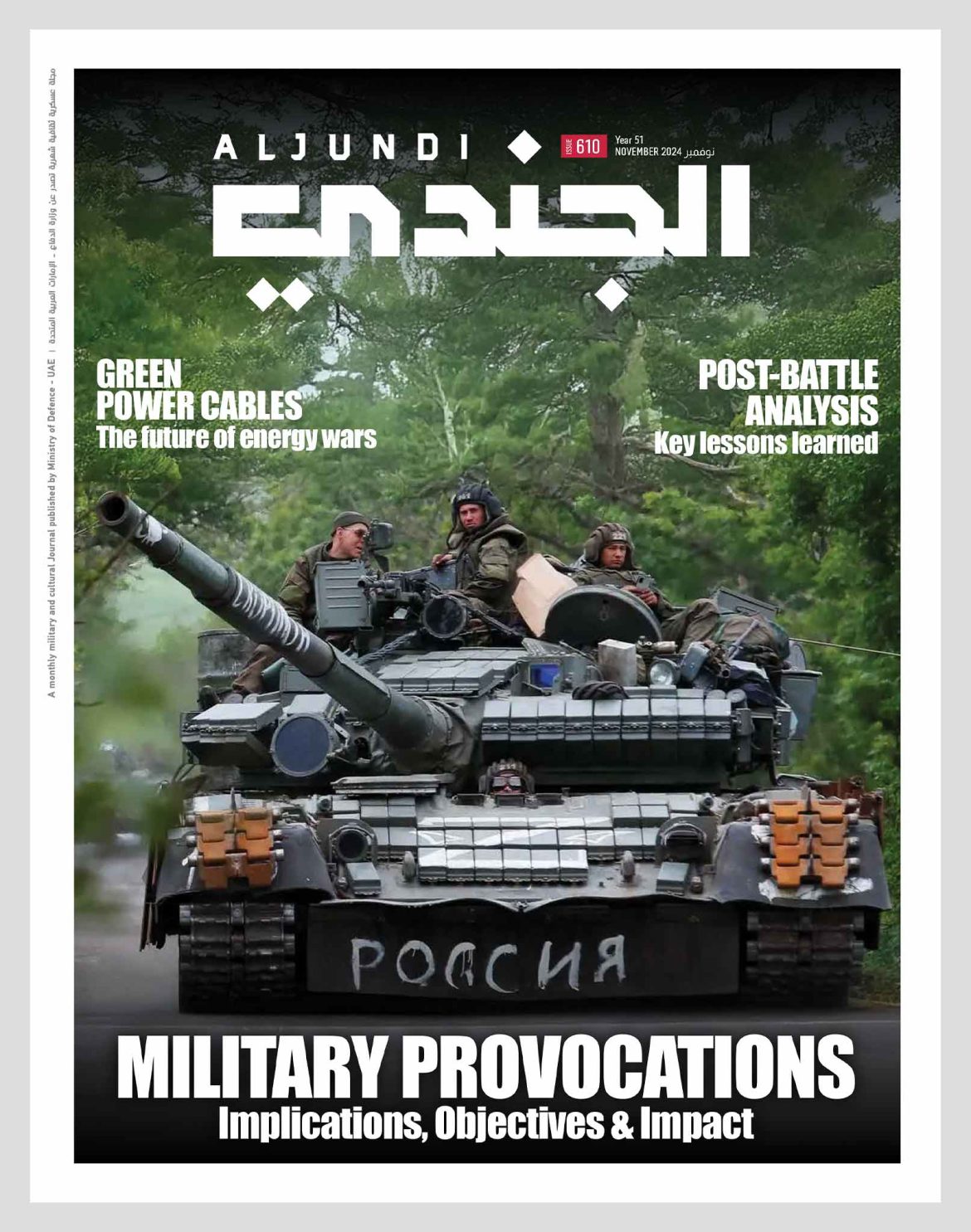Amidst the transformations underway in the international system, as we turn the page on a unipolar world and build a new multipolar global order, there is a growing need to strengthen “bloc diplomacy”. Coalitions have become an important model for nations to collectively address shared challenges, enabling such blocs, especially economic ones, to excel on the world stage.
The Association of Southeast Asian Nations (ASEAN) is a prime example of successful political and economic coalition building.
Comprised of three pillars: the ASEAN Security Community, the ASEAN Economic Community, and the ASEAN Socio-Cultural Community, this bloc withstood all the challenges the region faced, unshaken by the state of conflict and competition brought on by external powers, which reached its peak in 2008.
Given its political, military, and economic clout and global influence, the accession of Saudi Arabia to ASEAN is undoubtedly an important milestone in the history of the bloc.
This move will reinforce ASEAN’s weight and propel it to an advanced phase of strengthening bloc ties across all domains, lending it economic and political influence to firmly establish ASEAN’s foothold and engage with the competition underway in East Asia, rather than retreat and risk fragmentation.
Moreover, Saudi Arabia’s accession to ASEAN will reshape the nature of competition in the East Asian region. As an influential power on all fronts, Riyadh will be able to impose new equations in formulating the structure of the emerging new world order in a way that serves the interests of the Middle East in the new global system. Especially since ASEAN nations are located in a geostrategic and vital region where the interests of major powers intersect in the South China Sea and the Taiwan Strait.
The Gulf summit with ASEAN brings together many commonalities, chief among them are strategic location and economic advancement. Both sides share the same goals and ambitions, such as expediting economic growth, solidifying international investment partnerships, cultural development, and promoting international peace and stability.
These are all pivotal factors in reinforcing integration between the two blocs, enabling it to reach advanced levels where the Gulf secures a relevant and influential foothold in East Asia’s regional competition.







